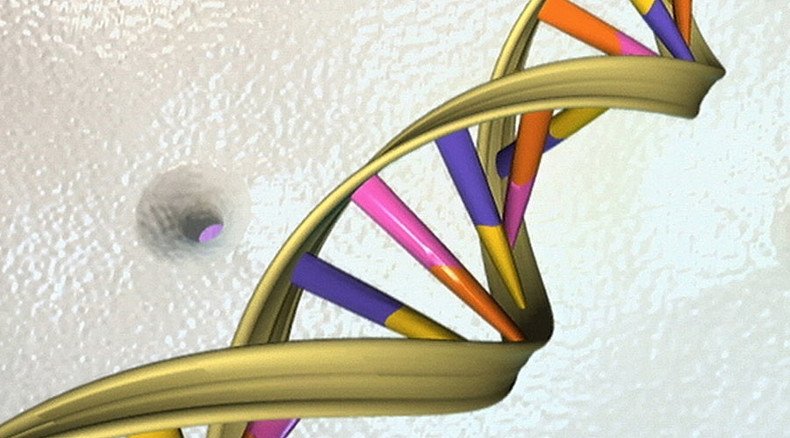Scientists apply for license to modify human embryos

UK scientists have applied for permission to genetically modify human embryos for the first time as part of research into the earliest stage of human development.
Stem cell scientists at the Francis Crick Institute in London have asked the government’s fertility regulator for a license to perform controversial genome editing on human embryos.
Researchers hope the experiments will help scientists to learn more about genes in the first few days of human fertilization.
Chinese researchers became the first researchers in the world to announce they had altered the DNA of human embryos in April.
The news prompted a fresh debate over the ethics of cheap and simple new genetic techniques, dubbed genome editing, which enable scientists to modify human genes.
Scientist Kathy Niakan wants to use embryos donated by couples with a surplus after IVF treatment for the research, which she hopes will shed light on why some women lose their babies.
Embryos cannot be studied for more than two weeks or implanted into women to achieve pregnancy under UK law.
Niakin insists the research will not lead to so-called designer babies, despite fears such technology could be used to engineer flawless humans.
“The knowledge we acquire will be very important for understanding how a healthy human embryo develops, and this will inform our understanding of the causes of miscarriage. It is not a slippery slope [towards designer babies] because the UK has very tight regulation in this area,” said Niakin, speaking to the Guardian.
Editing human embryos therapeutic purposes – such as removing genetic diseases – is illegal in the UK, but research can be conducted under licenses from the Human Fertilisation & Embryology Authority (HFEA).
A spokesperson for the HFEA confirmed they had received Niakin’s application.
“We have recently received an application to use Crispr/Cas9 (gene editing) in one of our licensed research projects, and it will be considered in due course.”
Development biologist Robin Lovell-Badge said the research would ask basic questions about human embryo development, as opposed to the Chinese studies which looked at exploring the correction of a genetic defect leading to disease.
“Kathy has no intention of making changes to the genome for clinical application,” Lovell-Badge, also based at the Francis Crick Institute, told Nature magazine.
“We are fortunate to have good regulations in the UK that permit research with a license, but not the implantation of any embryo that has had its genome modified,” he added.
China’s breakthrough modification of the human genome earlier this year prompted calls for a broad debate on the ethics of such research.
California-based Sangamo Biosciences president Edward Lanphier called for a moratorium on embryo research.
“Their study should be a stern warning to any practitioner who thinks the technology is ready for testing to eradicate disease genes," he told Nature.
“The ubiquitous access to and simplicity of creating such DNA and protein complex creates opportunities for scientists in any part of the world to do any kind of experiments they want.”












